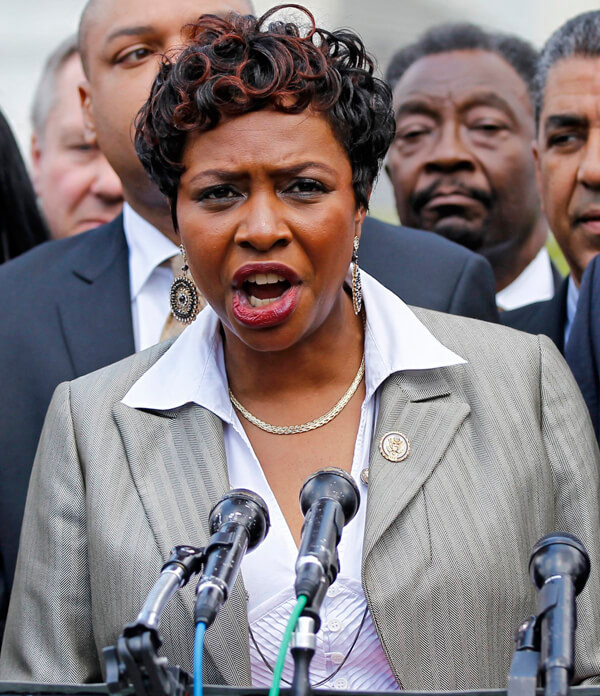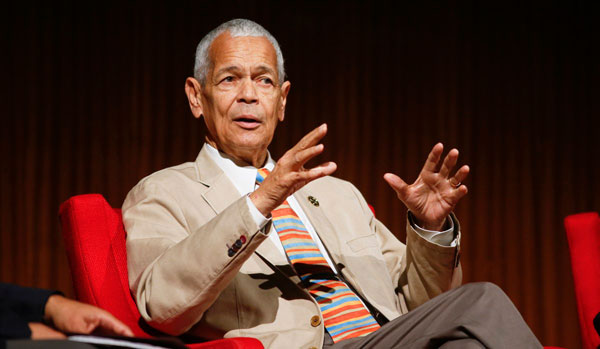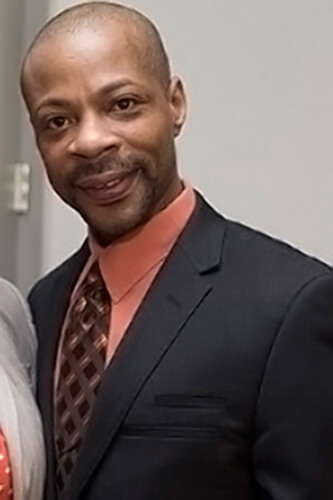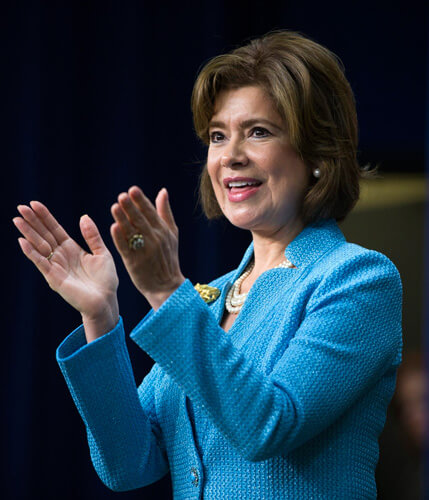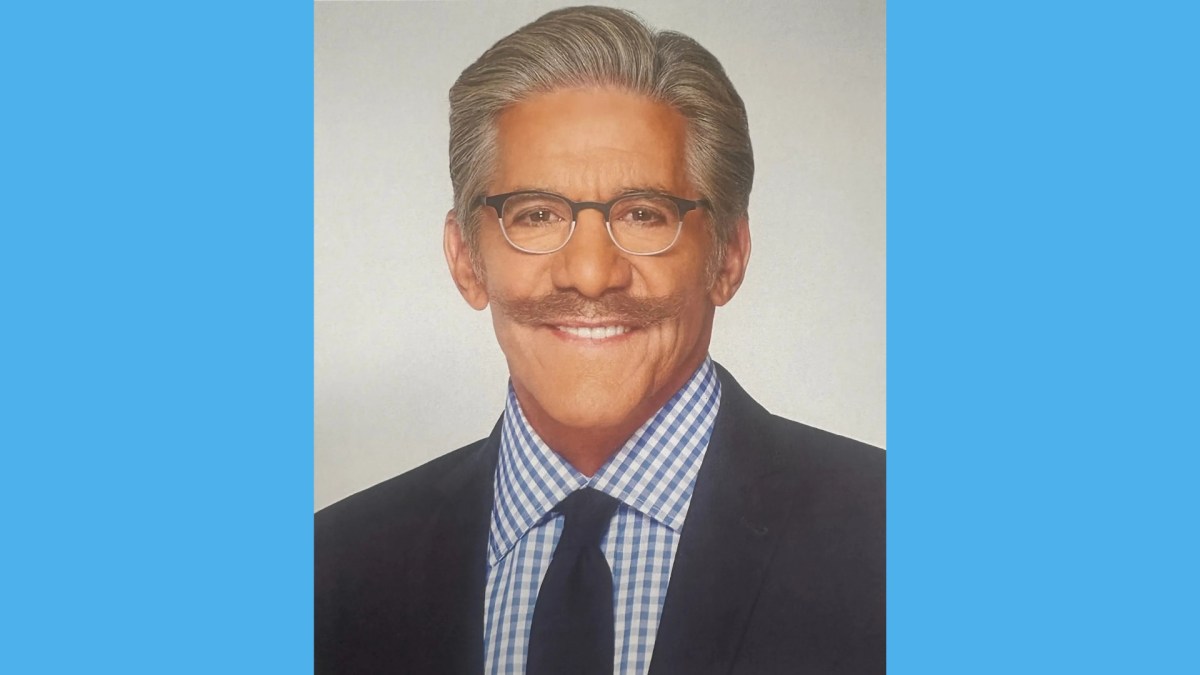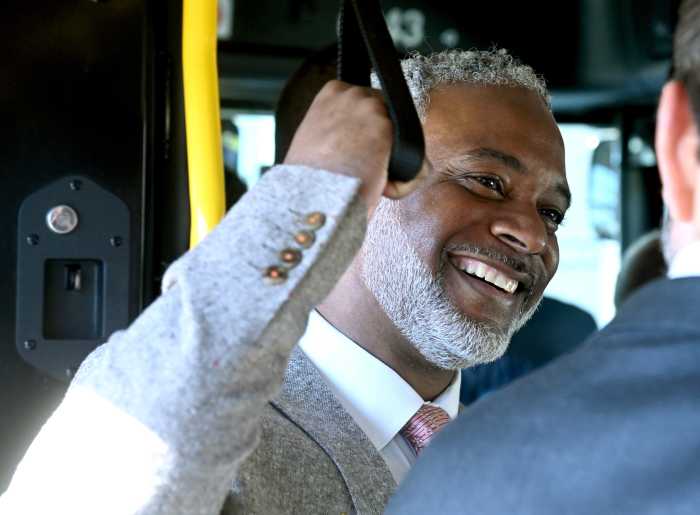Brooklyn Congresswoman Yvette D. Clarke, who had taken the lead, with 17 other members of the United States House of Representatives, in calling on outgoing President Barack Obama to posthumously pardon Jamaica’s first national hero, Marcus Mosiah Garvey, has seemingly expressed disappointment with Obama’s non-action.
On his last day in office last Thursday, Obama granted commutation of sentence to 330 individuals. Garvey was convicted for mail fraud in the United States in 1923.
“While the exoneration and / or pardon of the Right Excellent Marcus Mosiah Garvey remains elusive, unresolved and unfinished business, we must continue our education and organizing efforts in the pursuit of justice for the legendary icon,” said Clarke, who represents the 9th Congressional District in Brooklyn, in an exclusive Caribbean Life interview on Monday.
She said it was important that “we build upon the efforts waged over the years, most recently in pursuit of a presidential pardon, and that we continue to maintain and elevate the integrity of Garvey’s contributions to American history.”
“His is a case of unjustified persecution that continues to cry out for justice,” said Clarke, stating that Garvey was “widely viewed as the Father of the 20th Century Civil Rights Movement.”
“His leadership and intellectual contributions inspired the movements for independence in Africa and the Caribbean,” Clarke said. “However, it was the establishment of the UNIA (United Negro Improvement Association) here in the United States and its affiliates throughout African Diaspora nations that drew the ire of the FBI (Federal Bureau of Investigation) under J. Edgar Hoover, and that ultimately led to the frivolous charges, prosecution and persecution against him.”
Clarke said it was “all in an attempt to displace” Garvey “from the positive role he played in advancing the civil and human rights in American history.
“The role of our government in this injustice is well documented and must be rectified,” she said, adding that she will continue to work with her colleagues in the US Congress and with Garvey’s family “to maintain the integrity of his work in recognition of his contributions, advancing human and civil rights in our country until we finally secure justice on his behalf.”
The 17 members of the US Congress, who had joined Clarke in December in urging Obama to pardon Garvey, were: Gregory Meeks, Charles Rangel and Hakeem Jeffries (New York); Eleanor Holmes Norton (Washington, D.C.); Sanford Bishop (Georgia); Steve Cohen (Tennessee); Bennie Thompson (Mississippi); Barbara Lee and Maxine Waters (California); Hank Johnson and John Lewis (Georgia); John Conyers (Michigan); Alcee Hastings and Frederica Wilson (Florida); Stacey Plaskett (Virginia); Cedric Richmond (Louisiana); and G.K. Butterfield (North Carolina).
In their letter to Obama, the congressional representatives noted that Garvey, who was born in St. Ann’s Bay, Jamaica, had “inspired generations of leaders, from the Rev. Dr. Martin Luther King, Jr., to President Nelson Mandela.
“His efforts to organize the African Diaspora across nations in support of freedom and self-determination were critical to the movements for independence in Africa and the Caribbean and to the Civil Rights Movement here in the United States,” the letter states.
It says that when Garvey formed the UNIA and African Communities League, most of the nations of the Caribbean were colonies of the British Empire, adding that African Americans in the United States — nearly 40 years after the end of the Civil War — were “effectively denied their human rights across the United States.”
“Marcus Garvey offered to his people a different vision for the future; and, even as we continue to work toward his dream, he would have been proud to witness our achievements,” the letter says.
Despite that legacy, the members of Congress lamented that Garvey “has never been fully exonerated from racially-motivated charges of mail fraud.”
“Recognizing that prosecutors and the government mishandled the case, President Calvin Coolidge commuted the sentence at the earliest possible opportunity,” the letter says.
“We believe that Marcus Garvey meets the criteria for a posthumous pardon, based on his efforts to secure the rights of people of African descent and the utter lack of merit to the charges on which he was convicted,” it adds.
The congressional representatives’ call came on the heels of a similar one, issued in November, by Vice Chancellor of the University of the West Indies (UWI), Professor Sir Hilary Beckles.
“Marcus Garvey was the victim of trumped up charges orchestrated by the late J. Edgar Hoover, the famously anti-black director of the US’s Federal Bureau of Investigation (FBI),” said Sir Hilary in a statement, calling on Obama, “himself the victim of racist campaigns to de-legitimize his presidency, to exonerate Garvey before he leaves office.”
“It is the right and proper thing to do,” added Sir Hilary, stating that “UWI’s mission and mandate are manifestations of Garvey’s struggles for quality education for the masses of Caribbean peoples, for self-respect, self-determination and cultural awareness in our region.”
A global petition campaign demanding that Garvey’s US federal record be expunged had generated tens of thousands of signatures.
The campaign was supported, among others, by the Jamaica government, the Caribbean Reparations Commission, the New York-based Institute of the Black World 21st Century and by members of the Congressional Black Caucus in the US House of Representatives.


